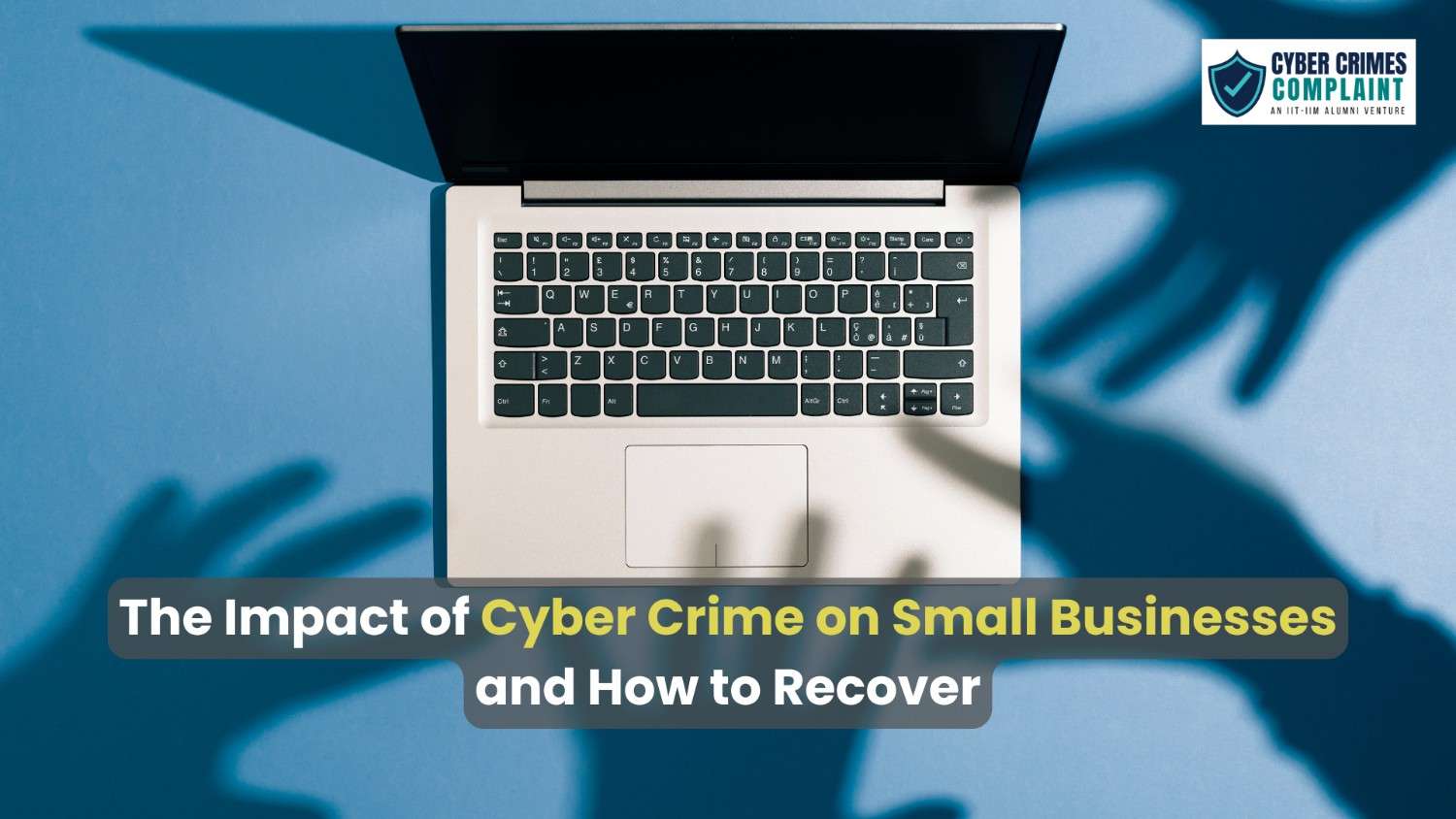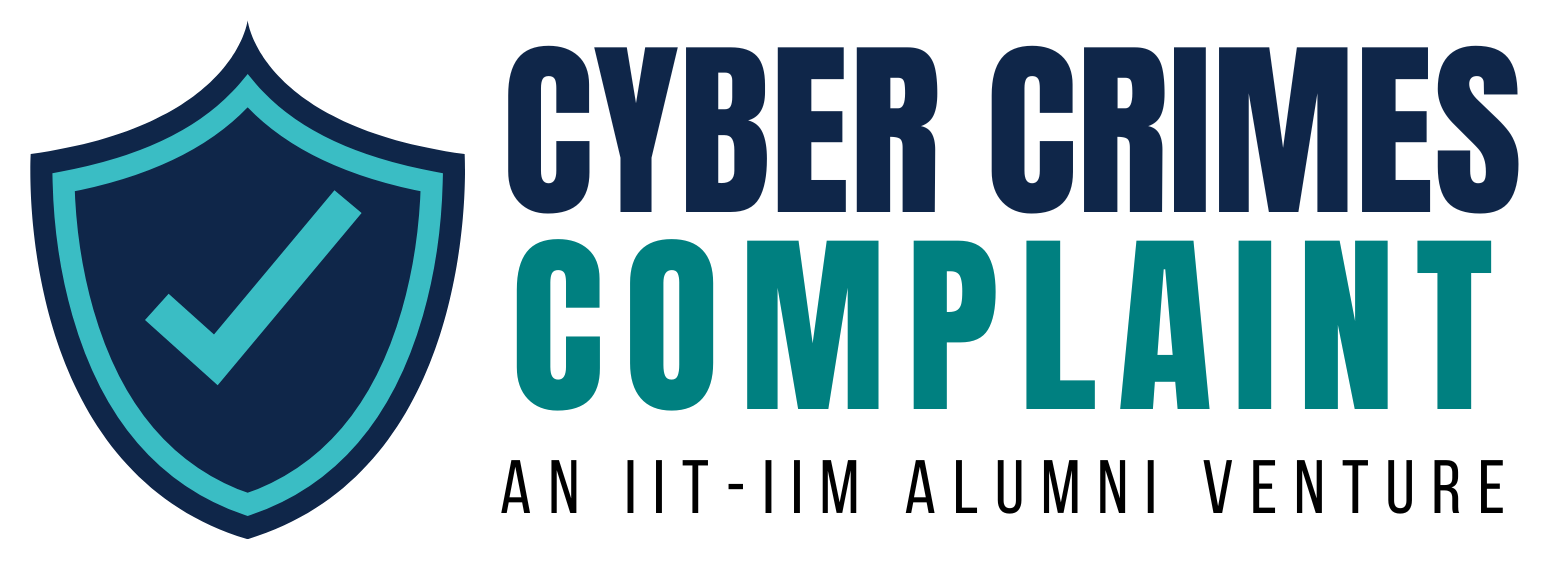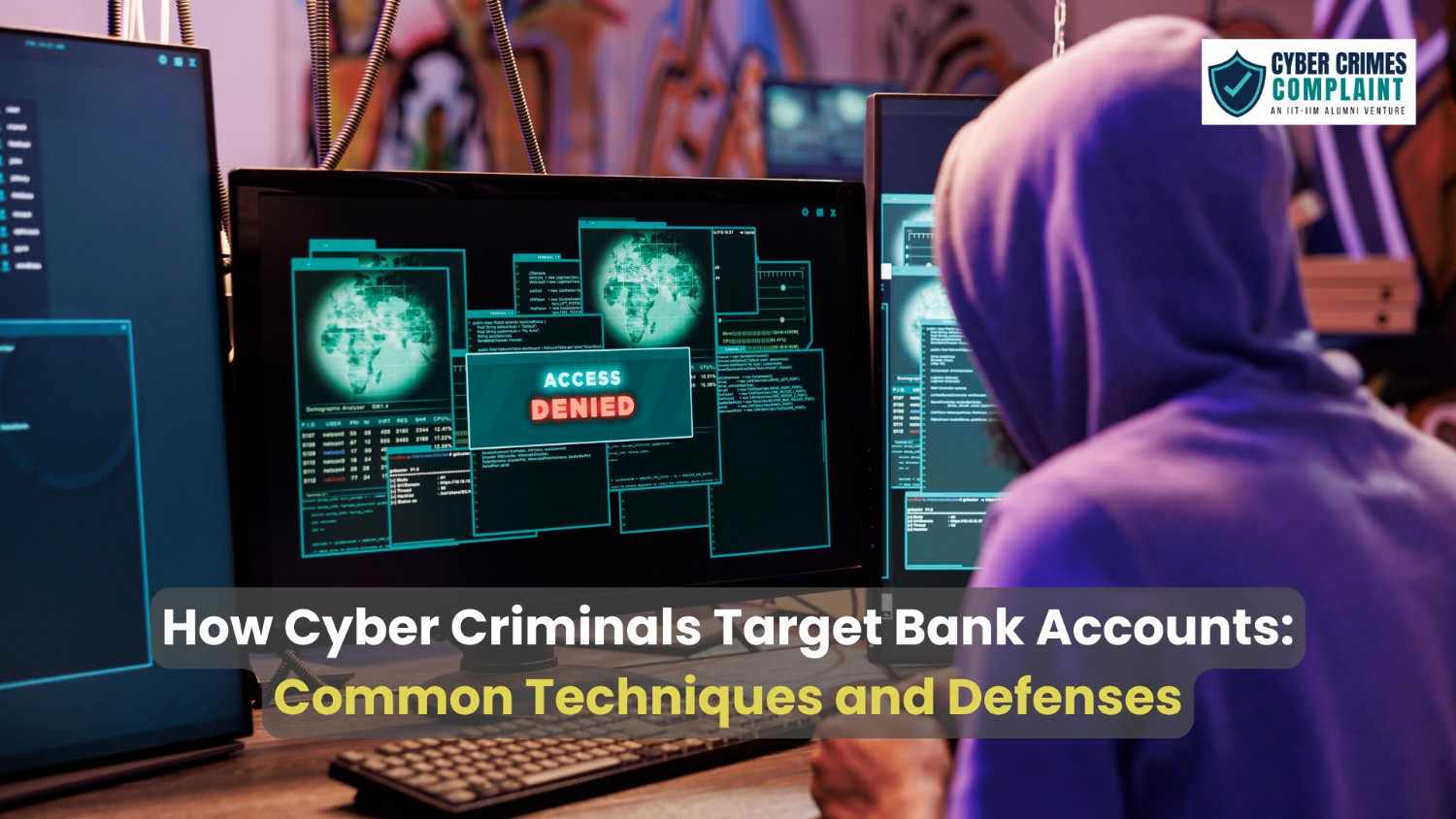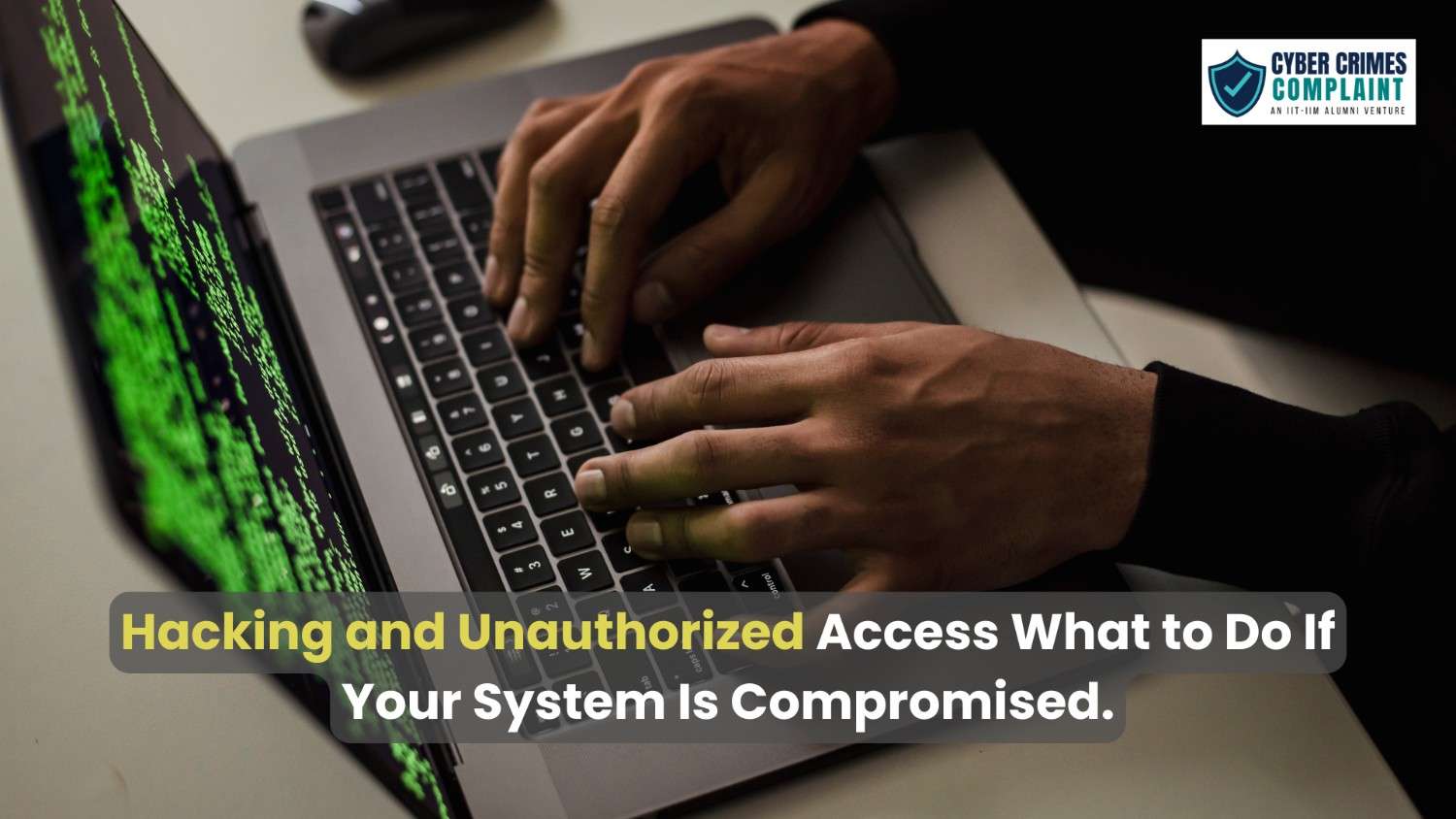· Cybersecurity · 3 min read
The Impact of Cyber Crime on Small Businesses and How to Recover
Cybercrime is a growing threat to small businesses, leading to financial losses, reputation damage, and legal consequences. Learn how to protect your business and recover from cyber attacks effectively.

Cybercrime is an ever-growing threat, and small businesses are particularly vulnerable. Unlike large corporations, small businesses often lack the resources to implement robust cybersecurity measures, making them an easy target for hackers. In this article, we’ll explore how cybercrime affects small businesses and the best ways to recover from an attack.
Understanding Cyber Crime
What is Cyber Crime?
Cybercrime refers to criminal activities carried out using computers or the internet. These crimes can range from identity theft to large-scale cyber-attacks targeting businesses.
Common Types of Cyber Attacks on Businesses
Phishing – Fraudulent attempts to obtain sensitive information
Ransomware – Malicious software that locks access to files until a ransom is paid
Data Breaches – Unauthorized access to confidential information
Malware Attacks – Harmful software that damages or disrupts systems
Why Small Businesses Are Prime Targets?
Hackers often target small businesses because they usually have weaker security protocols than large enterprises. They also process valuable data, including customer payment details, that cybercriminals can exploit.
The Financial Impact of Cyber Crime
Cyber attacks can be costly. Small businesses may face financial losses due to fraudulent transactions, business downtime, or even lawsuits from affected customers.
Reputation Damage and Loss of Customer Trust
Once a business falls victim to a cyber attack, customers may lose trust. A tarnished reputation can result in a decline in sales and difficulty in acquiring new customers.
Legal Consequences and Regulatory Issues
Failure to protect customer data can lead to legal actions and heavy fines from regulatory authorities.
Common Cybersecurity Threats Faced by Small Businesses
Phishing Attacks
Employees may receive deceptive emails designed to steal login credentials.
Ransomware
Malware locks crucial business files, demanding payment for their release.
Data Breaches
Hackers gain access to sensitive business information, putting customers at risk.
Insider Threats
Employees or contractors with malicious intent can leak confidential data.
Signs That Your Business Has Been Attacked
Unexpected system slowdowns
Unauthorized transactions
Alerts from antivirus software
Strange email activity
Steps to Take Immediately After a Cyber Attack
Identifying the Attack
Determine the source and type of attack to assess the damage.
Containing the Breach
Disconnect affected systems to prevent further spread.
Notifying Affected Parties
Inform customers, partners, and authorities about the breach.
How to Recover from a Cyber Attack?
Restoring Data
Use backups to restore lost data and ensure operations resume quickly.
Strengthening Security Measures
Update all security software and change compromised credentials.
Educating Employees
Train staff to recognize and respond to cyber threats effectively.
Preventive Measures to Protect Your Business
Implementing Strong Password Policies
Encourage employees to use complex passwords and change them regularly.
Using Multi-Factor Authentication (MFA)
Adding an extra security layer can prevent unauthorized access.
Regular Security Audits
Frequent audits help identify vulnerabilities before hackers exploit them.
Backup Strategies
Store data backups securely to ensure quick recovery in case of an attack.
The Role of Cyber Insurance for Small Businesses
Cyber insurance can help cover financial losses resulting from cyber incidents.
Seeking Professional Cybersecurity Help
Hiring cybersecurity experts can provide businesses with tailored security solutions.
Future Trends in Cybersecurity for Small Businesses
AI-driven cybersecurity solutions
Advanced encryption techniques
Increased regulatory compliance requirements
Conclusion
Cybercrime poses a significant threat to small businesses, but with the right preventive measures and recovery strategies, businesses can mitigate risks. By staying informed and proactive, small businesses can protect their data, finances, and reputation from cybercriminals.
FAQs
1. How can I prevent phishing attacks in my business?
Educate employees on recognizing phishing emails and use email security filters.
2. What should I do if my business falls victim to ransomware?
Immediately disconnect affected devices, report the attack, and restore data from backups.
3. Does cyber insurance cover all types of cyber attacks?
Coverage varies by policy, so it’s essential to review terms with your insurer.
4. How often should I update my business’s cybersecurity policies?
At least once a year or whenever new threats emerge.
5. Can small businesses afford professional cybersecurity services?
Many affordable options cater specifically to small businesses, including managed security services.


.v6LwWvSx.jpeg)
